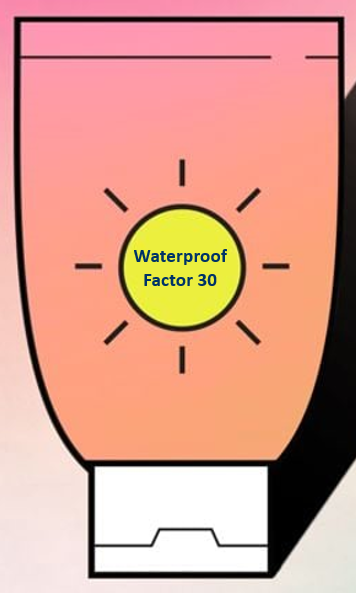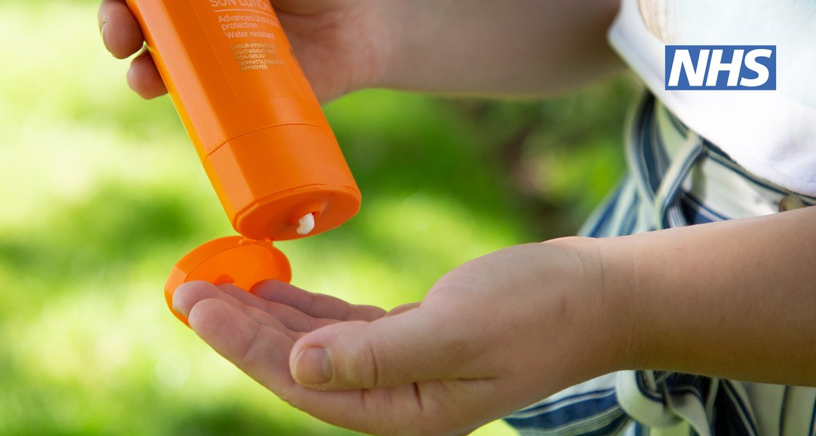Sun Protection

The sun can have damaging effects on the skin from short term such as sunburn right through to long term damage resulting in skin cancer. When travelling (especially to a warm destination), it's important to protect the skin and people fall short of applying a sufficient amount of Sun Protection Factor (SPF) which will result in sun damage to the skin. The higher the number that follows it, like SPF 50 for example, the more time you may be able to spend in the sun without getting sunburnt from its ultraviolet B (UVB) rays.
Ensure you are comfortable to talk to your customers about relevant sunscreen products you have available in your pharmacy – remember to also check the SPF and expiry date.
The website NHS Sunscreen and Sun Safety has very useful information on sun protection and some of the main pointers it reminds us to inform our customers are:
- Spend time in the shade between 11am and 3pm.
- Cover up with suitable clothing e.g. a long-sleeved top, a wide brimmed hat, and sunglasses.
- Take extra care with children.
- Use at least factor 30 sunscreen and don't forget to protect your lips and eyes also.
- Sunscreen should be reapplied straight anyone has been in water, even if it's "water resistant", and after towel drying, sweating or when it may have rubbed off.
- Try to avoid burning at all times but if it does happen remember to:
- Sponge sore skin with cool water, then apply soothing after sun cream or spray, like aloe vera.
- Painkillers, such as paracetamol or ibuprofen, will ease the pain by helping to reduce inflammation caused by sunburn.
- Stay out of the sun until all signs of redness have gone.



